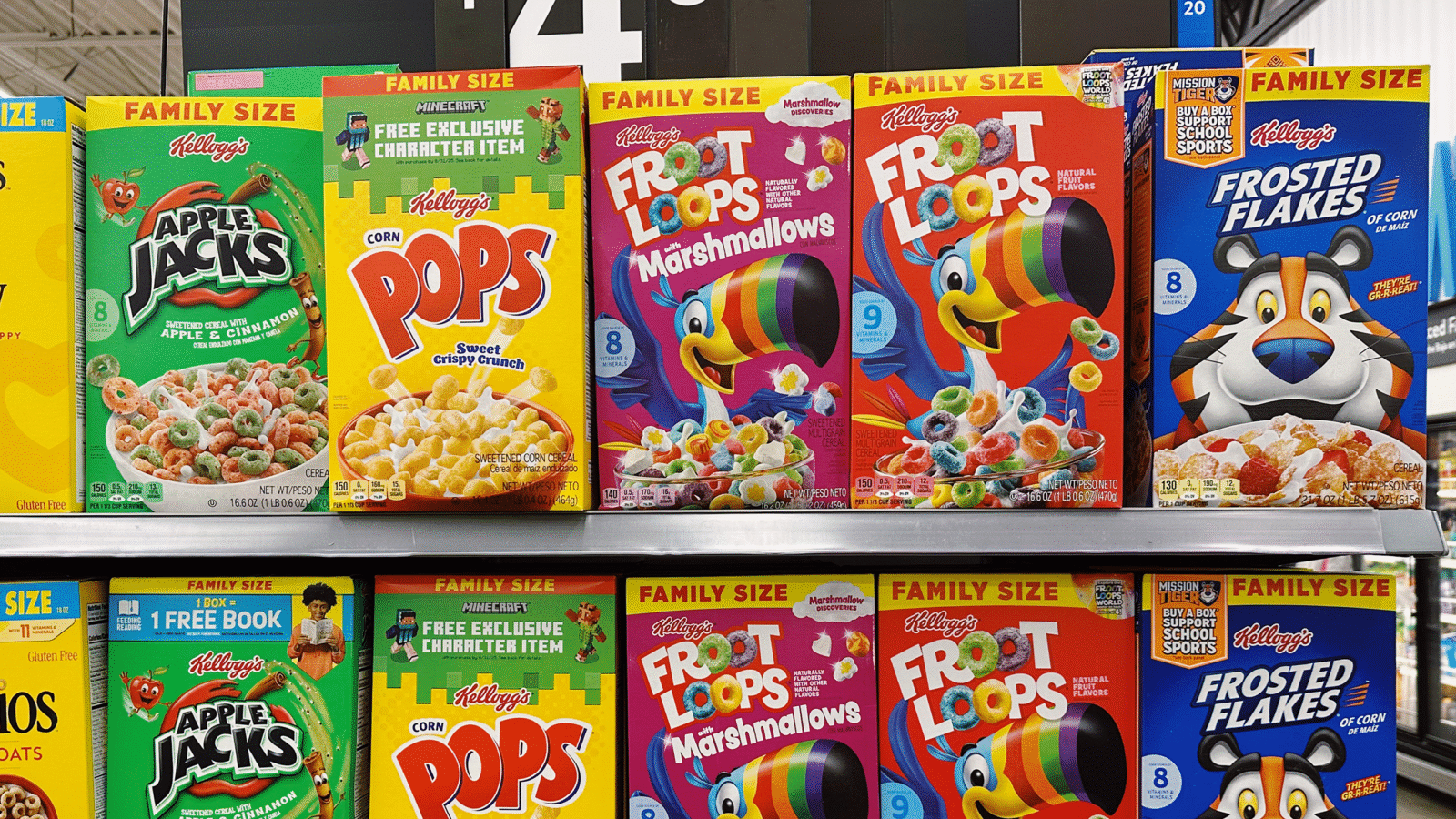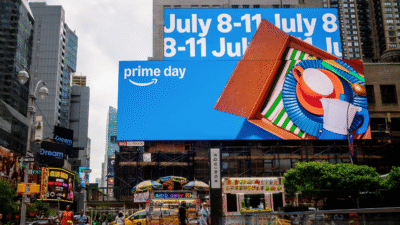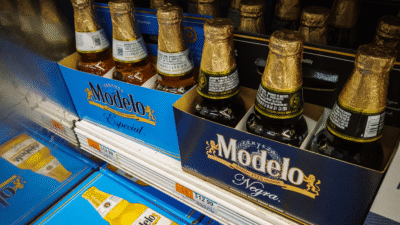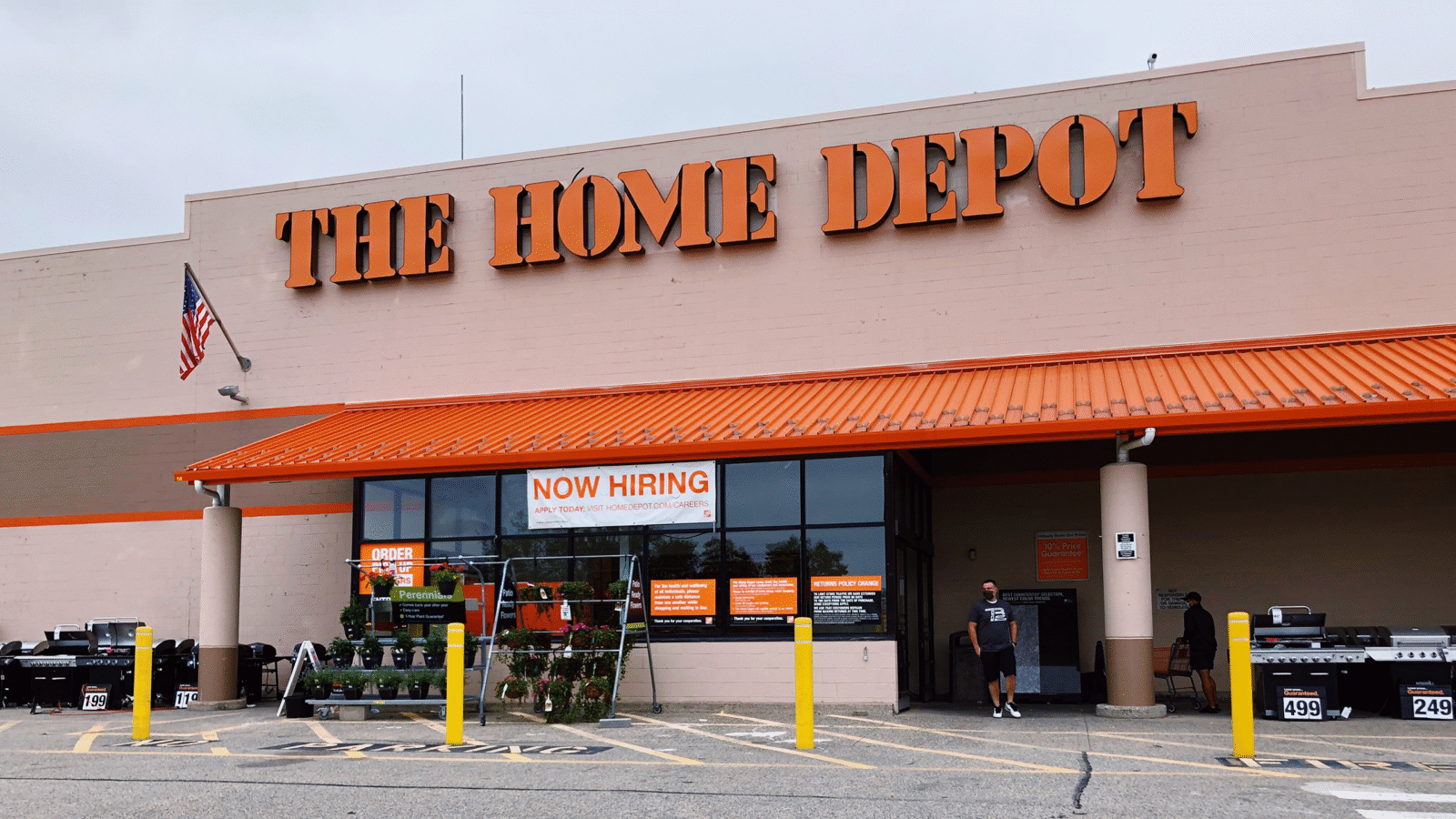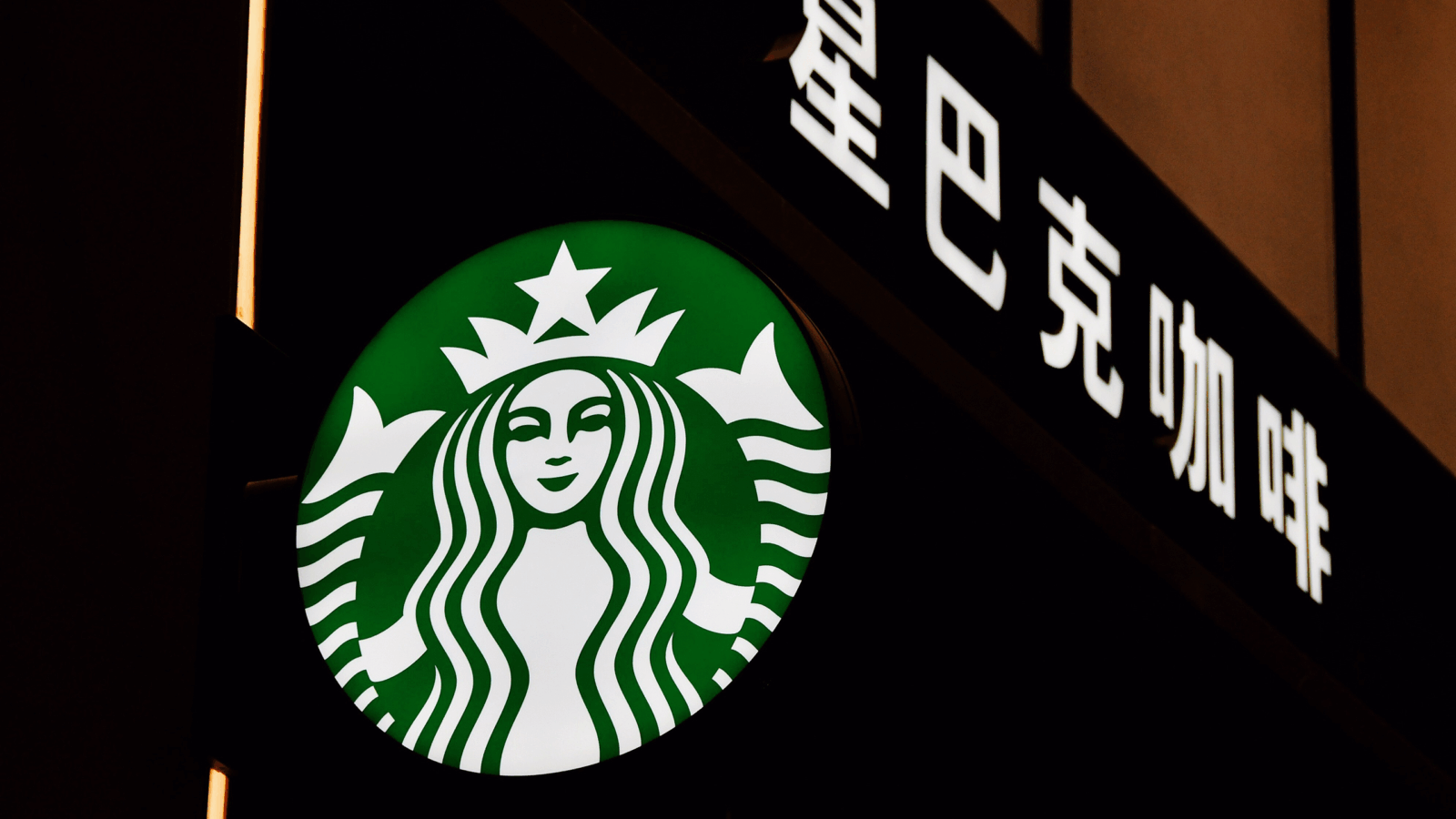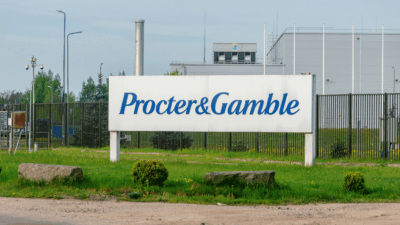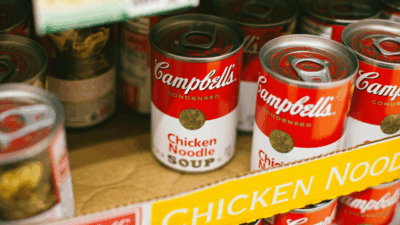Lego is Carrying the Toy Industry
The secret ingredients to Lego’s success? A clutch of licensing deals and finding ways to sell Lego sets to kids well over the age of 30.

Sign up for smart news, insights, and analysis on the biggest financial stories of the day.
Lego has built its success brick by brick. The rest of the toy industry is looking a bit like Wheezy from Toy Story 2.
CNBC reported Monday that Lego has significantly outperformed its toy-making peers, which have mostly had a decidedly un-fun year, in 2024. There are two big ingredients to the company’s success: a wide-ranging clutch of licensing deals, and finding ways to sell Lego sets to kids well over the age of 30.
Surviving Kidulthood
Recent years have seen an uptick in adult consumers buying toys not for their children, niblings, and younger loved ones, but for themselves. According to data published by analysis firm Circana in November, while toy sales overall are down 3% compared with last year — the third year in a row that sales declined — the portion of those sales which involve grown-ups buying for themselves is growing. Per Circana, 20% of toys bought are now intended for an owner over the age of 18.
James Zahn, editor in chief of The Toy Book, told CNBC that Lego has been ahead of the curve on this particular consumer trend. “Lego embraced adults, long before we started saying ‘kidults,’ and they’ve managed to continue that in new ways,” Zahn said:
- Grown-ups made up 20% of Lego’s sales as early as 2021, according to The Wall Street Journal.
- Lego has aggressively pushed into finding new ways to market itself to adults, ranging from $850 sets of the Millennium Falcon from Star Wars to influencer-friendly $50 bouquets of Lego “flowers” to build as romantic gifts.
For the Emperor: Lego isn’t the only company soaring on the backs of adult hobbyists. Games Workshop, the UK-based company behind the popular Warhammer games — in which players buy little fantasy or sci-fi figurines at great personal expense, paint them, and then battle them against rival players — has managed to land itself on the FTSE 100 after a stellar year for its share price. It’s one of the few pandemic darlings that actually managed to pull itself out of a post-covid slump. Like Lego, that’s partly due to the strength of its licensing deals: This month, the company sealed a potentially very lucrative deal with Amazon, which wants to make a Warhammer TV series starring former Man of Steel Henry Cavill.
